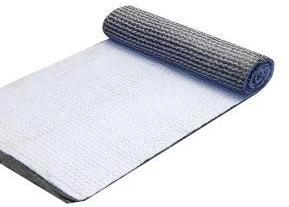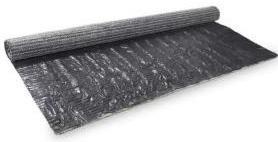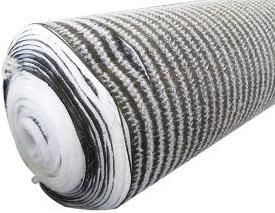Sodium Bentonite Waterproof Blanket
- Commodity name: Sodium Bentonite Waterproof Blanket
Environmental friendly
Crack resistance
Puncture resistance
What Is a Sodium Bentonite Waterproof Blanket (GCL)?
A sodium bentonite waterproof blanket, also known as a Geosynthetic Clay Liner (GCL), is a composite waterproofing material used in environmental and civil engineering projects. It consists of natural sodium bentonite clay sandwiched between two layers of geotextile, reinforced through needle punching.
When exposed to water, the bentonite swells to form a low- permeability gel layer, creating an effective barrier against liquid migration. This self-sealing feature makes it ideal for applications such as landfills, ponds, tunnels, basements, and wastewater treatment projects.
Key Technical Specifications:
- Bentonite Content: ≥ 5.0 kg/m²
-
Swelling Index: ≥ 24 mL/2g
-
Permeability: ≤ 5.0 × 10⁻¹¹ m/s
-
Thickness: Typically 6–10 mm
Applications of Sodium Bentonite Waterproof Blankets
Sodium bentonite waterproof blankets are highly versatile and can be used in multiple industries where effective water containment or seepage control is required. Some common applications include:
Landfills: Used as a bottom liner and capping system to prevent leachate from contaminating groundwater.
Water Containment: Perfect for ponds, lakes, reservoirs, and other water containment applications.
Mining: Applied in leach pads and tailings ponds to safely contain hazardous liquids and prevent environmental contamination.
Oil & Gas: Commonly used in chemical containment areas, oil storage tanks, and spill containment.
Agriculture: Perfect for irrigation channels, aquaculture ponds, and fish farming where water integrity is crucial.
Civil Engineering: Used for underground structures, such as subways, tunnels, and basements, ensuring waterproofing and protection from seepage.
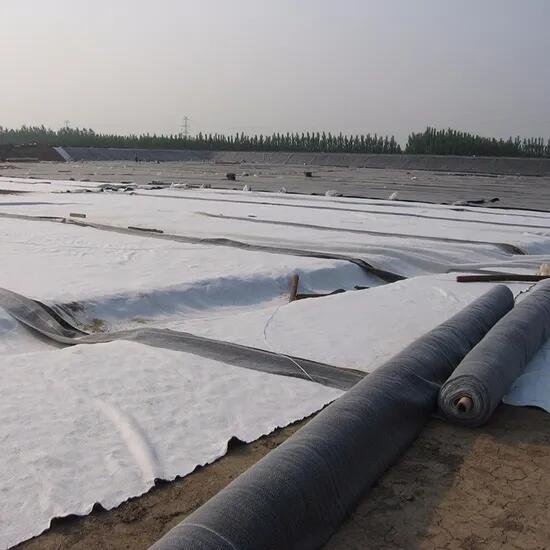
Sodium bentonite swells by more than 300% when exposed to water, dynamically blocking puncture holes and seams to achieve permanent self-repair. The permeability coefficient is as low as 5×10⁻¹¹ m/s (10 times better than traditional HDPE membrane), and it can heal itself even if it is damaged during construction, completely solving the leakage risk.
The laying speed of the roll material is ≥2000㎡/day (no hot melt welding is required), and the construction period is 70% shorter than that of HDPE membrane. The unit weight is only 5kg/㎡, and no heavy equipment is required for steep slope and curved surface construction. Actual measurement of Chengdu Metro project: the comprehensive cost is 40% lower than that of concrete structure, and the full scene covers tunnels, rivers, and basement roofs, which can be called the "all-round king of flexible waterproofing".
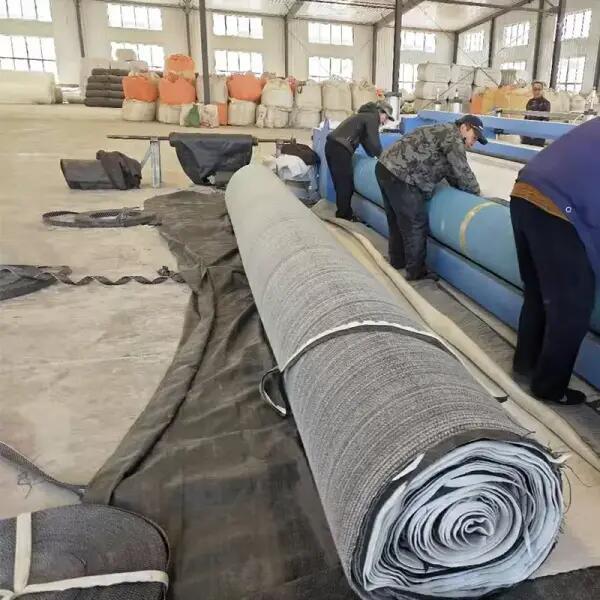
Looking forward to working with you
Sixteen foreign trade key account managers with more than ten years of engineering experience will promptly respond to any of your engineering questions. What are you waiting for? Let's get started.

Get A Quote
Note: Within a few minutes of filling out the form, you will receive the most timely and effective response.


